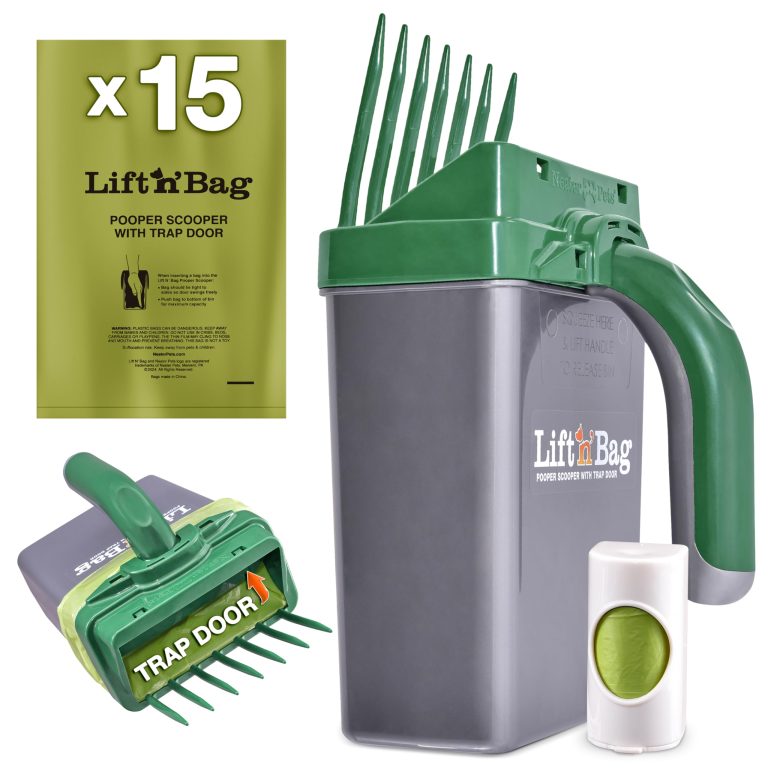Allergies and Diet: Finding the Right Food for Sensitive Dogs

Diet plays a important role in maintaining a dog’s overall health and well-being. Just like humans, dogs can also develop allergies to certain foods, which can cause discomfort and other health issues. Finding the right food for sensitive dogs is essential to promote their health and prevent allergic reactions.
Understanding Canine Allergies
Allergies in dogs are often manifested as itchy skin, gastrointestinal issues, ear infections, and respiratory problems. When a dog consumes a food they are allergic to, their immune system responds by releasing histamines, leading to various allergic symptoms.
Common food allergens for dogs include beef, chicken, dairy, eggs, corn, wheat, soy, and certain additives or preservatives. It’s important to identify which specific foods trigger an allergic reaction in your dog so you can avoid incorporating them into their diet.
Creating a Balanced Diet
A balanced diet is important for all dogs, especially those with allergies. Here are some essential aspects to consider when formulating a balanced diet for your sensitive dog:
- Protein: Choose high-quality, novel proteins such as venison, duck, fish, or rabbit that your dog hasn’t been exposed to before. These proteins help provide the necessary amino acids for muscle growth and overall health.
- Carbohydrates: Opt for easily digestible carbohydrates like sweet potatoes, quinoa, or rice. These provide energy and help with proper digestion.
- Fats: Include healthy fats like fish oil or flaxseed oil in your dog’s diet. These fats support skin and coat health, reducing the chances of allergic reactions.
- Fruits and Vegetables: Incorporate a variety of fruits and vegetables into your dog’s diet to provide essential vitamins, minerals, and antioxidants. Examples include blueberries, carrots, spinach, and pumpkin.
Dietary Needs for Different Life Stages and Breeds
It is important to ponder your dog’s life stage and breed when determining their dietary needs. Puppies require a higher protein and calorie intake for growth and development, while older dogs may need a diet lower in calories to prevent weight gain and age-related issues.
Large breed dogs may benefit from a diet specifically formulated for their size to support healthy bone and joint development. On the other hand, small breed dogs may require smaller kibble sizes to accommodate their smaller mouths.
Homemade Diet Options
If your dog has severe allergies or you prefer a more hands-on approach, you may consider preparing homemade meals for them. However, it’s important to consult with a veterinarian or a veterinary nutritionist to ensure the meals are properly balanced and meet all of your dog’s nutritional needs.
When cooking homemade meals for your sensitive dog, it is important to avoid any allergens they may have. Use novel protein sources and alternate between different carbohydrates and vegetables to provide a wide array of nutrients.
Sample Homemade Recipe:
- Protein: Cooked ground turkey
- Carbohydrate: Quinoa or sweet potatoes
- Fat: Fish oil or flaxseed oil
- Fruits and Vegetables: Blueberries, carrots, and spinach
Remember to cook the ingredients thoroughly and avoid using any seasonings or spices.
In conclusion, finding the right food for sensitive dogs involves understanding their individual allergies, formulating a balanced diet, considering life stage and breed-specific needs, and potentially exploring homemade diet options. By providing proper nutrition, we can help prevent allergic reactions and promote the overall well-being and health of our furry friends.







